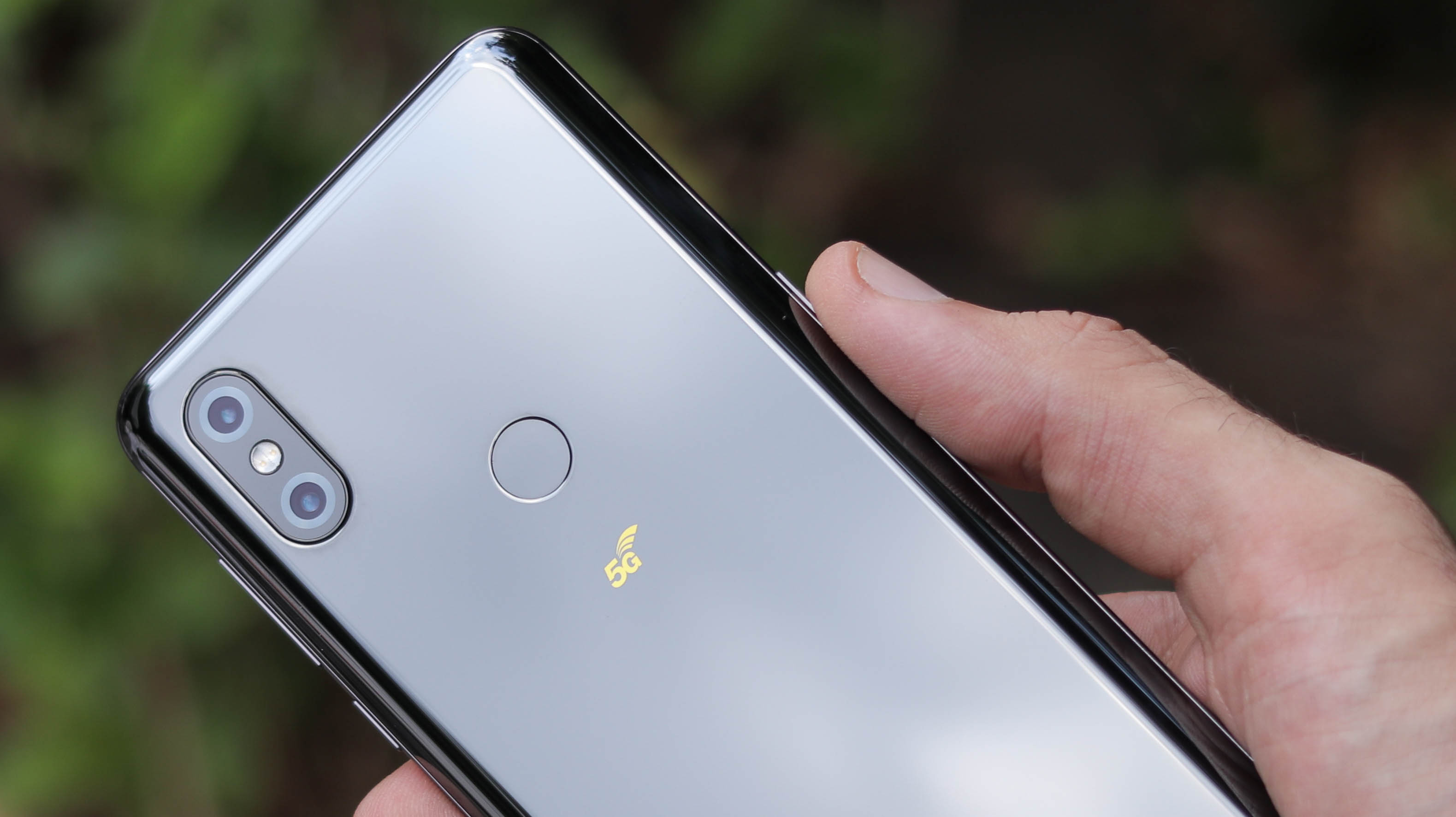It's been three years since the first-ever 5G phone launched in Europe, and the handsets that have followed it have met with a mixed reception; 5G was expected to be a revolution for mobile tech, but several years of Covid and lockdown have thrown a spanner in the works.
On May 1, 2019, the Oppo Reno 5G landed in Switzerland. The country became an early battleground for 5G phone companies, due to it being one of the first to get 5G networks earlier that year.
Oppo beat out Huawei and Xiaomi, which launched its first 5G phones literally the following day, although the Samsung Galaxy S10 5G and a mod for the Moto Z4 won the race to be first in other continents.
The victory was a surprise because, at the time, Oppo wasn't as big a force in Europe as it is now. With the past year bringing the Oppo Find X5 Pro, the OnePlus merger and big-ticket sponsorships such as Wimbledon, it's easy to forget that it was quite fresh-faced back in 2019.
At the big European launch, other 5G phone launches thereafter, and 5G network roll-outs all through 2019, one thing was made clear: 5G is the future. But after having used the next-gen connectivity tech in various phones for three years, I'm not convinced that it is.
Why 5G?

5G has two core selling points: it delivers faster speeds than 4G, and also promises a more reliable connection – all in theory, of course, because these factors will largely depend on your network and location.
However, the benefits of a more stable connection are that you can download apps, movies or music on-the-go, as well as play online mobile games when you're out and about.
Of course, depending on the area you're in, this is all possible on 4G – but there's more. At several 5G network launches, it was pointed out that 4G initially seemed useless, but following several years of its existence, developers were learning how they could best utilize the tech. The result was apps such as Instagram and Uber, which had failed to work well on 3G.
So in 2019, the future looked bright for 5G, and I was looking forward to all the changes that might come to smartphones in the future. But it's the future now, and I'm still waiting.
5G hasn't proven itself
I've been using 5G phones since the tech launched in 2019, testing different functions on different networks in different countries on different mobiles. However, when someone recently asked me if they needed to buy a 5G phone, I had to be honest, giving the answer “no”.
Sure, the novelty of being able to download an episode of a TV show on my way to the Tube was neat, but I never watch TV on the underground, so it was a redundant feature. And sure, making a video call when out and about was quick and easy, but I don't want to inflict my calls on other people; I'd rather save it for when I return home.
Plus, those functions have worked just fine over 4G. In fact, in some places I've tested phones, 4G has been faster than 5G. So far, there aren't any killer apps for 5G, and I'm still waiting for something that you can't do on 4G.
Of course, the pandemic has had a devastating effect on 5G. It was meant to make connecting to the web on-the-move far more convenient; but a couple of years of staying at home have made that far less important.
In addition, user habits have changed; the pivot to working from home and spending more time indoors has seen a resurgence in the use of tablets, and an increase in fitness tech, making 5G a secondary concern for many people.
It's also worth pointing out that 5G modems in phones cause substantial battery drain, and they're also expensive – which bumps up the price of 5G devices.
Hopefully, in the future, apps and software will come along that makes 5G a vital tech – admittedly, I said this in 2019, but three years wasn't enough time. Tech doesn't move as fast as its biggest fan, and companies, want you to believe – and in 2022, buying a 5G phone still isn't a necessity.





